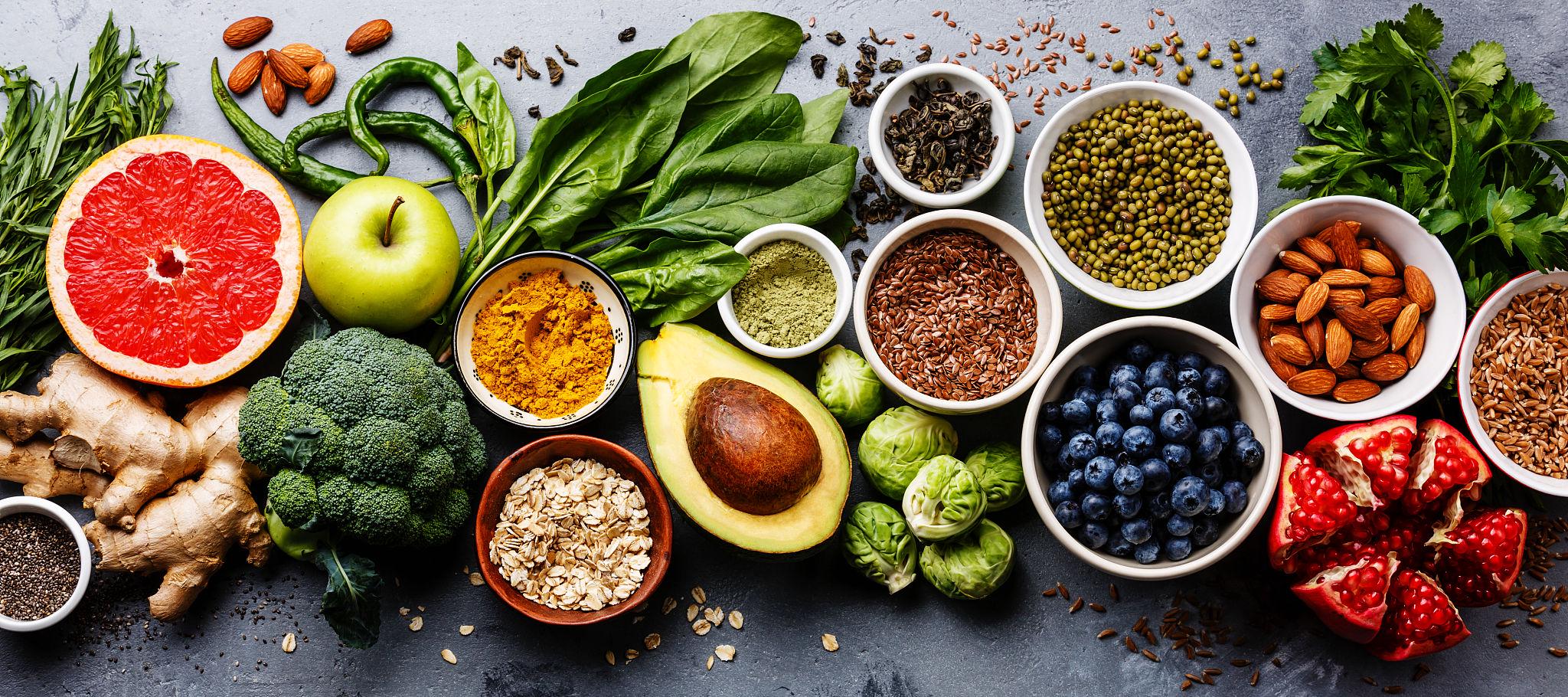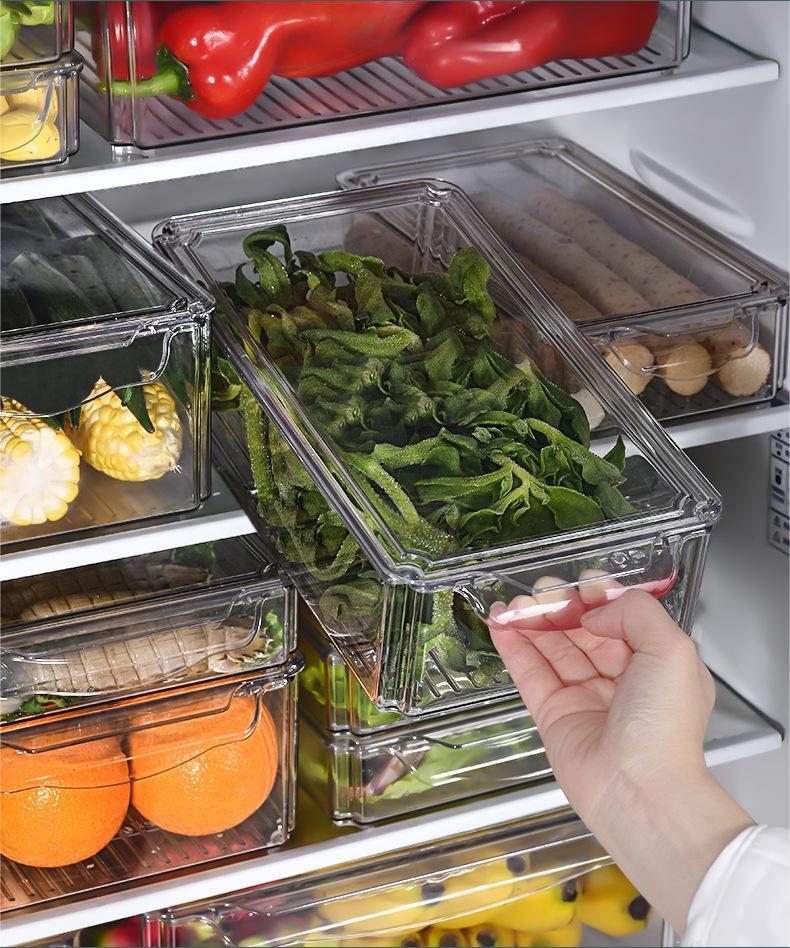How to store vegetables for longer? How should different vegetables be stored in the refrigerator? This article is for you.

1. Keep vegetables in the fridge for 7 to 12 days.
Different vegetables spoil at different rates, and knowing approximate times can help you to make sure you use them before the vegetables go bad. Remember when you purchased the vegetables and keep a note on how long they have been in your fridge.
2. Keep vegetables with other, similar vegetables.
If you keep your vegetables in Produce Saver Containersin your refrigerator, do not mix the types of vegetables inside of a single Fruit and Vegetable Storage Container . If you do not useFresh Keeper, keep types of vegetables—like root vegetables, leafy greens, cruciferous (like broccoli or cauliflower), marrow (zucchini, cucumber), legume vegetables (green beans, fresh peas)—together.
3. Separate vegetables that wilt from those that rot with humidity drawers.
Most fridges have a high-humidity drawer and a low-humidity drawer with settings that allow you to control the humidity levels. Most vegetables belong in the high humidity drawer because they begin to wilt otherwise. This drawer locks in moisture without allowing the veggies to become excessively damp.
The low-humidity drawer will mostly contain fruits, but some vegetables like tomatoes and potatoes can be kept in here.
4. Store leafy greens like lettuce and spinach by keeping them dry and contained.
Rinse the leaves off before to remove any bacteria that could lead to spoiling. Let them dry completely before storing in the fridge. Loose leafy greens should be wrapped in a paper towel and placed into a sealed bag or container.
5. Trim asparagus and then wrap in a damp paper towel.
Place in an airtight container away from other vegetables that could come into contact with the moisture.
6. Keep root vegetables like winter squashes, onions, or mushrooms in a cool, dark place.
These do not need to be refrigerated. Make sure they stay dry and out of direct sunlight, as this could allow bacteria or mold growth.
7. Keep your vegetables away from ethylene-producing produce.
Some vegetables and many fruits produce ethylene gas, which can cause many other vegetables to spoil more quickly, though some are unaffected. Store ethylene-sensitive vegetables away from etylene-producing ones.
Ethylene-producing fruits and vegetables include apples, avocados, bananas, peaches, pears, peppers, and tomatoes.
Ethylene-sensitive vegetables include asparagus, broccoli, cucumber, eggplant, lettuce, peppers, squashes, and zucchini.

8. Wash and completely dry veggies before placing them in the fridge.
Washing removes bacteria and other contaminants from the surface of the vegetable. Lay vegetables out on a paper towel or the counter to dry. Before you place them into storage container box, however, make sure they are completely dry so that excess moisture doesn't allow the vegetable to begin to spoil.
Post time: Oct-14-2022
